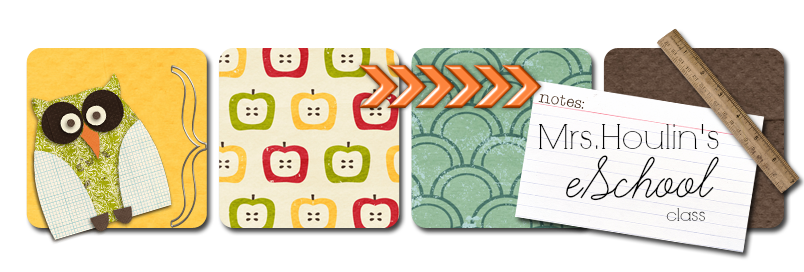Check out these cool apps for teaching Social Studies concepts. They are fantastic!!
Also, try searching in iTunes for different concepts you are trying to teach and want extra resources for. For example, I typed in "Thanksgiving apps" and there are a TON of books and activities for free!
If your student is motivating by learning on an iPhone or iPad, download some free seasonal books! They can read the book, then ask them comprehension stories about what they read.

Basic comprehension questions (for new readers):
-Who were the characters in the story?
-What did they do? Why did they do it?
-Where did the story take place?
-When did the story happen?
-What happened in the beginning/middle/end?
-Tell me about the story.
Higher level comprehension questions:
(I pulled this from k12reader.com which is a FANTASTIC reading resource website. They have a lot of "how to" articles and great worksheets for practice in specific areas)
Students with poor reading comprehension skills may be able to answer
concrete questions or recall details. They can usually name characters
or places. But they may have a difficult time summarizing information,
or comparing one story to another, or using new information to reach new
conclusions. Making inferences, identifying the big picture or moral of
a story, distinguishing opinions from facts, or finding biases are also
skills very difficult – if not impossible – for the reader with poor
reading comprehension skills.
One of the goals of reading is to make new connections to our life
and world. Readers who can use higher order thinking not only show
knowledge and understanding of the text, they can put the information in
new contexts and form relations between ideas.
Parents can help their students develop higher order thinking skills
with a little sit-down time with their child. Review reading material
together and ask questions that help make connections and see
analogies. Rather than simply asking, “What was the story about?” also
ask “How was this story like another you have read?” Encourage the
reader to identify problems or dilemmas so they see themselves as
problem solvers.
Ask how a situation in the story or text could affect other
characters. This will help students develop empathy and understand
different viewpoints as well as consequences.
Help students think beyond the story by asking what could have been
done differently for a better outcome. This invites creative thinking
and problem solving – skills essential in a competitive market place.
Good reading comprehension skills do more than allow students to make
sense of what they read. By using higher order thinking skills they
can use new information to make help make sense of their world through
analysis, synthesis, and evaluation.


No comments:
Post a Comment